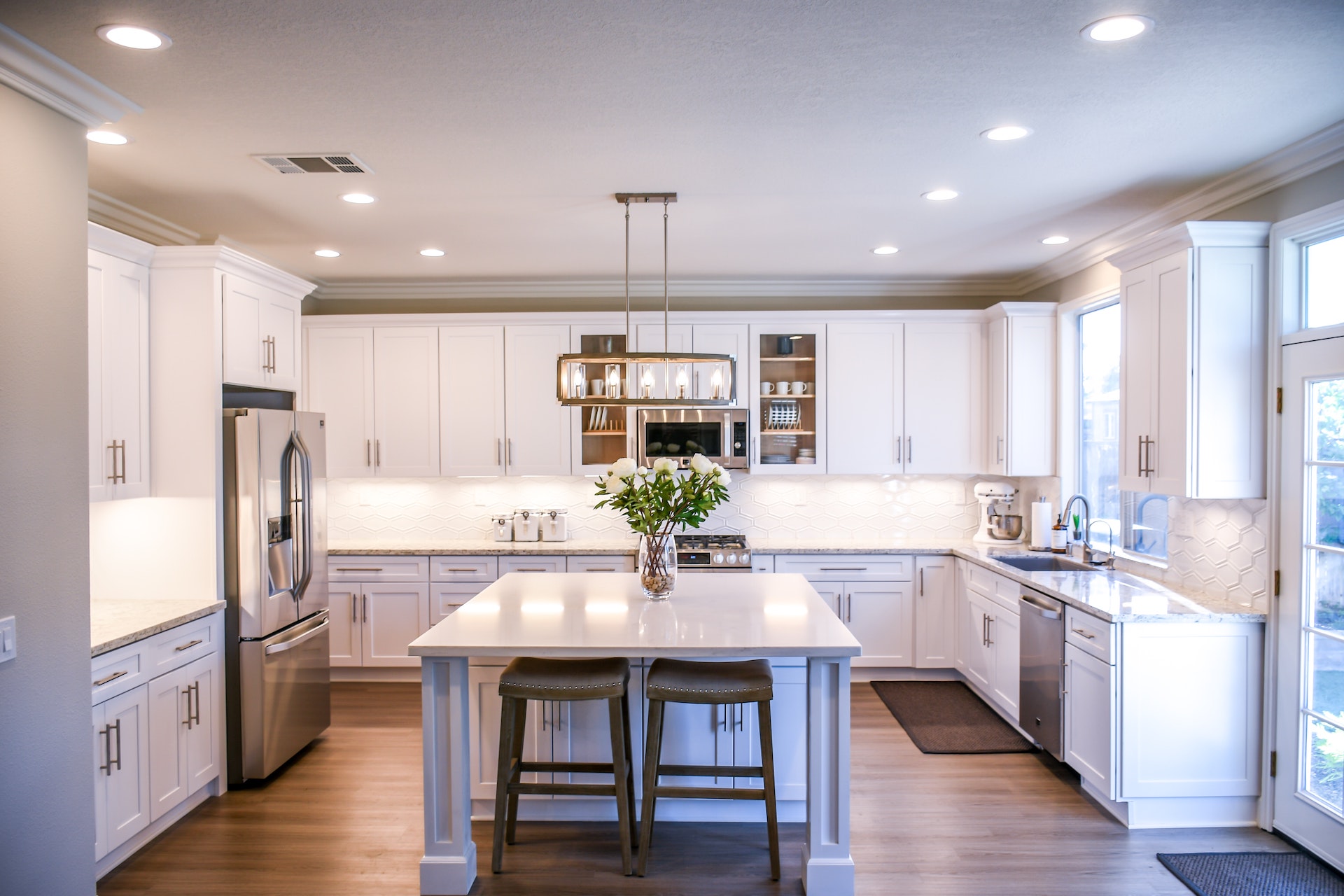It’s no secret that buying a home can be expensive. But by following some simple tips, you can get the best rate on a home loan and save yourself some money in the long run. Look at what factors go into getting the best mortgage rate and how you can negotiate for the best deal. Get some advice for first-time homebuyers who may not be familiar with the mortgage market. So whether you’re just starting to research mortgages or are ready to start applying, read on for helpful tips on how to get the best mortgage rates on a home loan.
Factors To Consider
There are a few key factors that go into getting the best rate on a mortgage.
Credit Score
One of the most important is your credit score. A high credit score will qualify you for the best interest rates, while a low score may mean you have to pay a higher interest rate or may not be approved for a loan at all. If you’re not sure what your credit score is, you can check it for free on sites like Credit Karma or Annual Credit Report.
Loan Type
The type of loan you choose will also affect your interest rate. The most common types of loans are fixed-rate mortgages, adjustable-rate mortgages (ARMs), and government-backed loans. For example, a fixed-rate loan has an interest rate that remains the same for the life of the loan, while an adjustable-rate loan (ARM) has an interest rate that can change over time.
Mortgage Points
Mortgage points are another factor to consider when you’re trying to get the best rate on a home loan. Mortgage points are fees paid by the borrower to lower their interest rate. One point equals one percent of the loan amount. So, if you’re taking out a $200,000 loan, one point would cost you $2000. Mortgage points can be paid upfront or can be rolled into the loan.
Tips For Homebuyers To Get The Best Rate
Now that you know some of the key factors that go into getting the best rate on a home loan, here are some tips for homebuyers to get the best deal:
Shop Around For Rates
One of the best ways to get the best rate on a home loan is to shop around and compare rates from different lenders. This can be done online, by visiting a lender’s website, or by going to a brick-and-mortar bank. Be sure to compare rates from several different lenders to ensure you’re getting the best deal possible.
Know Your Credit Scores
Your credit score will affect the interest rate you’re offered. So pull your score before you start shopping for a mortgage and aim to improve it if it’s not in good shape.
Choose Your Loan Term
The length of your loan term will also affect your interest rate. A shorter loan term (such as 15 years) will usually have a lower interest rate than a longer-term loan (like 30 years). While it’s true that short-term loans are less risky for lenders, this usually results in higher mortgage payments for borrowers. So if you’re able to afford the monthly payments on a longer-term loan, you may be able to save yourself some money in interest by choosing a longer loan term.
Get Pre-Approved For A Loan
Another tip for getting the best rate on a home loan is to get pre-approved for a loan before you start shopping for homes. Getting pre-approved means that a lender has looked at your financial information and is willing to give you a loan up to a certain amount. This can help you know how much house you can afford and also gives you leverage when negotiating with sellers.
Make Down Payment
Making larger down mortgage payments can also help you get a lower interest rate. This is because lenders see loans with larger down payments as less risky. So if you have the cash available, making a larger down payment may help you secure a lower mortgage interest rate on your home loan.
Ask For A Lower Interest Rate
Once you’ve found a home and are ready to apply for a loan, don’t be afraid to ask mortgage lenders for a lower interest rate. If you have good credit, the lender may be willing to lower your rate to get your business.
Calculate Your Debt-To-Income Ratio
Your debt-to-income ratio is another important factor that lenders will look at when you’re applying for a loan. This ratio is calculated by dividing your monthly debts by your monthly income. A lower debt-to-income ratio means you have a better chance of getting approved for a loan and may also qualify for a lower interest rate.
Private Mortgage Insurance
If you’re not able to make a 20 percent down payment on your home, you may be required to pay private mortgage insurance (PMI). This is an additional fee that will be added to your monthly mortgage payment. The good news is that once you’ve built up enough equity in your home, you can usually cancel PMI.
Negotiate
When you’re looking for a home loan, it’s important to negotiate for the best deal. This may include negotiating a lower interest rate or getting the lender to cover some of your closing costs. Be sure to compare rates from several different lenders before you settle on one. This will give you bargaining power when it comes time to negotiate.
Refinance Your Home Loan
If you have a good credit score, you may be able to refinance your home loan after a few years to get a lower interest rate. This can save you money over the life of your loan.
By following these tips, you can increase your chances of getting the best rate on a home loan.
Get The Best Rate With Us
If you’re looking for a home loan, be sure to check out our rates at Swinden Homes. We offer some of the best rates in the market and we’re committed to helping you get the best deal possible. Contact us today to learn more.




